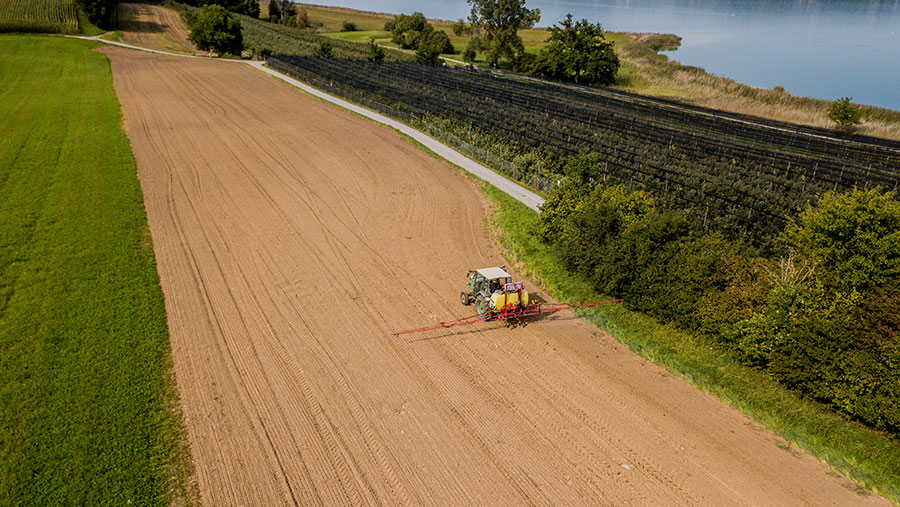Swiss voters reject plans to ban synthetic pesticides
 © Mario/Adobe Stock
© Mario/Adobe Stock Switzerland has rejected proposals that would have made it the first European country to ban the use of synthetic pesticides in agriculture.
The provisional results of a nationwide referendum on Sunday (13 June) revealed that 60.6% of voters rejected proposals to outlaw artificial pesticides.
The initiative – For a Switzerland free from synthetic pesticides – was launched by Future 3, a citizens’ group led by a vinter and a soil biology professor from Neuchatel University.
See also: Analysis: How Brexit affects farmers’ access to pesticides
It had sought a domestic ban within 10 years, and a ban on imports of food crops grown using such pesticides.
The referendum placed environmentalists, farmers and agrochemical groups against each other. Swiss pesticide manufacturer Syngenta, which has its headquarters in Switzerland, had opposed the plans and said they would lead to higher prices and more food imports.
Both the Swiss government and farming organisations, including the Swiss Farmers’ Union, expressed relief over the result of the vote after they had warned that a ban would increase the cost of food production and threaten national food security.
Swiss president Guy Parmelin hailed the results of the referendum as a “reasonable and pragmatic decision which guarantees the future of our agriculture and the country’s food security”.
Bhutan remains the only country in the world that has introduced a total ban on synthetic pesticides after it went 100% organic in 2012.
Second initiative
A second initiative, “For clean drinking water and healthy food”, which would have required “that agricultural subsidies be allocated only to agricultural practices that do not harm the environment and do not pollute drinking water”, was also voted down.
This initiative would have limited government subsidies to farms that only use antibiotics to treat sick animals and not as a preventative measure.
It would have also required farmers to feed their stock with fodder produced only on their own farm, to limit the amount of slurry and manure used on farms to curb water pollution.
Switzerland’s direct democracy system allows any idea from the public to be put to a national vote – provided it attracts more than 100,000 signatures from the country’s 8.6m population.
